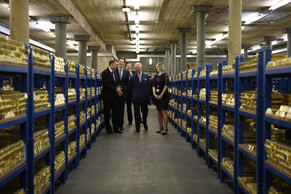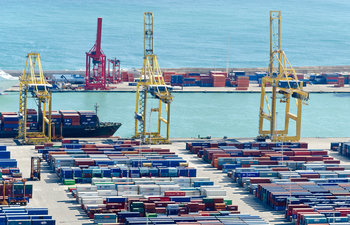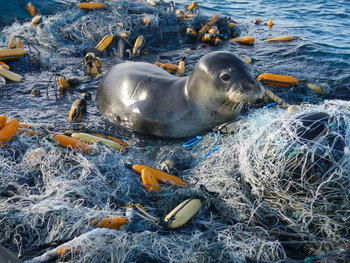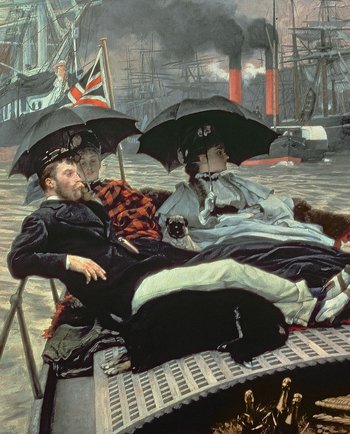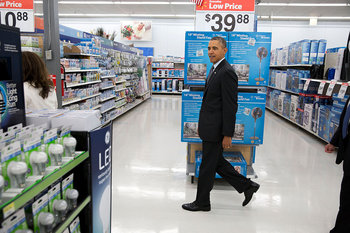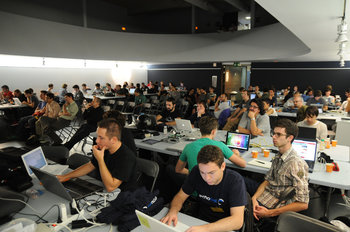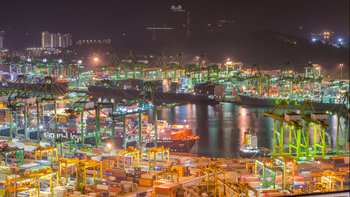
Trade
Trade is the flow of goods and services over borders. For example, an American streaming media service that operates in dozens of countries.Financial Markets
Markets for currencies, securities and other financial instruments that operate over borders. For example, the ability of American investors to buy Canadian stocks and vice versa.Foreign Direct Investment
Investments by foreign firms in businesses that they control within your borders. For example, a Japanese car manufacturer that builds a factory in Mexico.Soft Power
Soft power is ability for one nation to influence another without threat of force. For example, a nation that educates the future leaders of many nations in its great universities.Foreign Aid
Assistance that is provided by one nation to another. This is often done for ethical reasons such as helping to prevent a humanitarian crisis. Foreign aid is often in a nation's best interests as it may build soft power or help to stabilize a region.International Institutions
Organizations that are formed by multiple governments to facilitate diplomacy and cooperation in areas such as peace, economic markets, infrastructure, health and security.Labor Markets
The flow of workers over borders. For example, the competition for talented knowledge workers that exists between developed nations.Global Economy
Due to trade and markets, the economy of most nations are interlinked to a great extent. This is known as the global economy. For example, an economic crisis in one nation can influence economic growth and stability on a global basis.Financial System
The institutions that make up the markets and infrastructure of financial exchange such as banks and stock markets. These often operate over borders or have interconnections with a large number of international counterparties.Monetary Policy
Monetary policy is the control of money and lending by governments. In a global economy, the monetary policy of one nation can influence the economy of all nations. This can result in cooperation, competition and disputes between nations. For example, a competitive devaluation whereby countries compete to make their currencies lower to boost exports.Economic Cooperation
Institutions and agreements for working together on shared economic goals such as global economic growth and stability. For example, a project to build transportation infrastructure that spans multiple nations.Economic Bads
Agreements and cooperation between nations to reduce economic bads. For example, two nations that border the same lake that agree to limit dumping of industrial waste into that lake that would greatly harm both sides.Bilateral Relations
Agreements and cooperation between two nations. For example, two nations that reduce trade barriers to benefit from comparative advantage.Multilateral Relations
Agreements and cooperation between multiple nations. For example, an entire region that agrees to a ban on child labor with an international agreement.Globalization
Globalization is a long running process whereby nations are becoming increasing interconnected. This is inherently turbulent and contentious as this can change culture, cause economic disruption and limit the powers of local and national electorates as they become bound by international agreements.Golden Arches Theory
The Golden Arches Theory is a capitalist peace theory that states "No two countries that both had McDonald's had fought a war against each other since each got its McDonald's." This was put forth, as a humorous analogy, by political commentator and three-time Pulitzer Prize winner Thomas Friedman. Counterexamples for this theory do exist but its underlying idea may be valid -- that global economic interconnections give nations incentives to resolve disputes peacefully.| Overview: Economic Relations | ||
Type | ||
Definition | The economic interactions that occur between nations. | |
Also Known As | International Economic Relations | |
Related Concepts | ||


